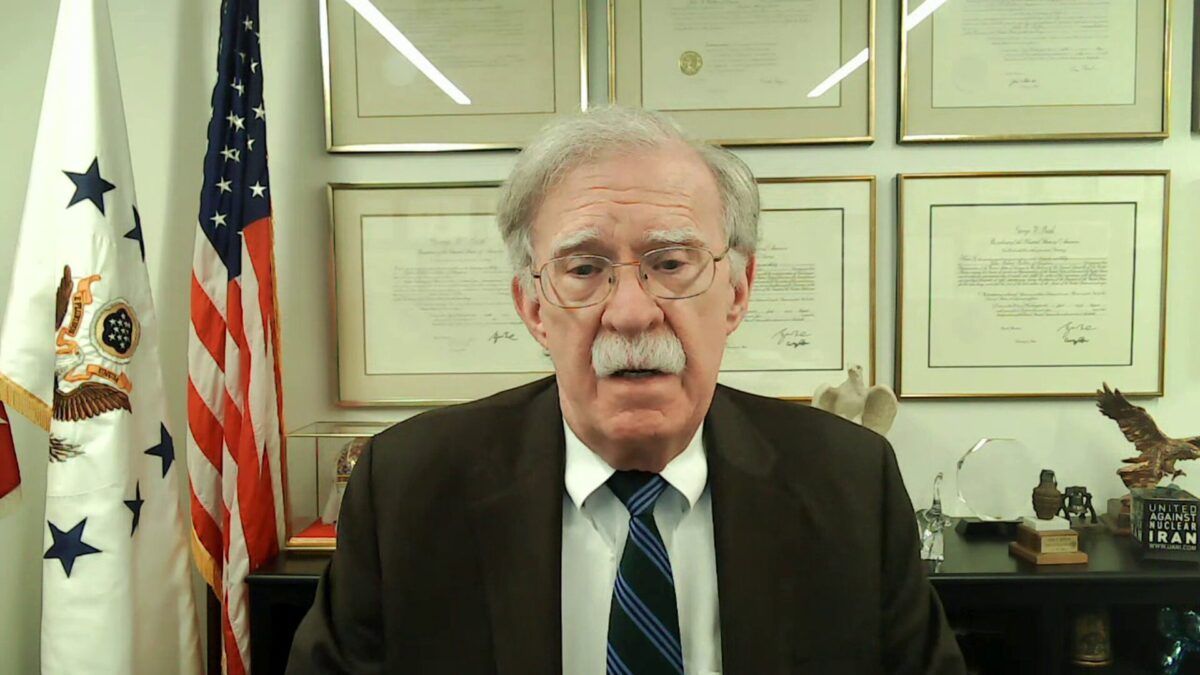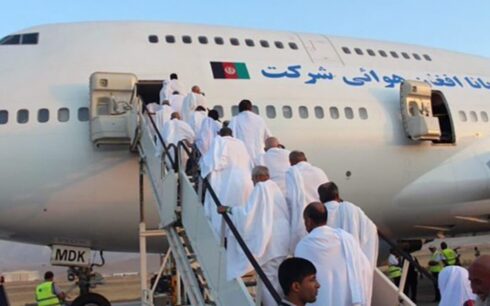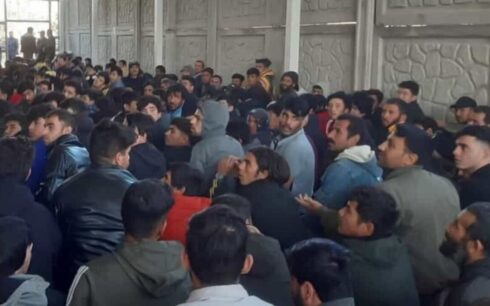John Bolton, the former U.S. National Security Adviser, has expressed concerns about Daesh’s increased ability to conduct attacks from Afghan territory, highlighting recent deadly incidents in Iran and Russia as indicators of the group’s enhanced capabilities.
In a detailed interview with Amu, Bolton shared his apprehensions about the current global security environment, hinting at the possibility of Daesh planning attacks on U.S. soil. He revealed that officials from the Biden administration have acknowledged the resurgence and the return of thousands of terrorists to Afghanistan.
“I think almost certainly the United States is less safe today and in fact rest of the world is less safe, having the Taliban take control, almost have been united with al Qaeda over the years. And I was saying the return of thousands of foreign terrorist fighters into Afghanistan. This is from open session testimony by officials of the Biden administration,” he said. “Within the past couple of months, two pretty significant terrorist attacks by ISIS-K, one in Iran and just within the past few days in Moscow show that these terrorists are capable of launching pretty substantial attacks from Afghan soil. So the idea that the Taliban was ever going to live up to its obligations under any kind of deal leading to American withdrawal has proven false.”
Contrasting Bolton’s alarming insights, Taliban spokesman Zabiullah Mujahid, in a Taliban-run RTA broadcast, downplayed the threat of Daesh in Afghanistan. Mujahid accused unspecified nations of spreading propaganda to exaggerate Daesh’s impact, claiming, “Daesh cannot cause significant issues in Afghanistan anymore. The narrative some countries push is a mere amplification of Daesh’s presence, serving as propaganda for them. We categorically deny these assertions. There was a period when Daesh posed a threat, but it has since been quelled.”
This discussion emerges in the wake of comments from the intelligence chief of Afghanistan’s former government, who observed an uptick in Daesh activities following the republic’s collapse. He also speculated about the potential alliance of various groups with Daesh and Tehreek-e-Taliban Pakistan, aiming for a long-term objective.
He emphasized the regional implications of the Afghan National Defense and Security Forces’ struggle against terrorism, suggesting, “The sacrifices made by Afghan forces in the fight against terrorism essentially contributed to the security of the broader region, indicating that these efforts were in the interest of neighboring countries as well.”
Despite the Taliban’s assertions of their anti-terrorism efforts, concerns about the threat of terrorism originating from Afghanistan persist internationally, especially among regional nations.
Daesh has executed several deadly attacks across Kabul, Kandahar, and even in Iran, Pakistan, and Russia in the past three months.
Amidst this backdrop, certain U.S. Senate Committee members have advocated for targeted actions against Daesh hideouts in Afghanistan. Concurrently, the Taliban has reported on U.S. drone operations over Afghan soil, condemning them as an infringement on Afghanistan’s sovereignty.





